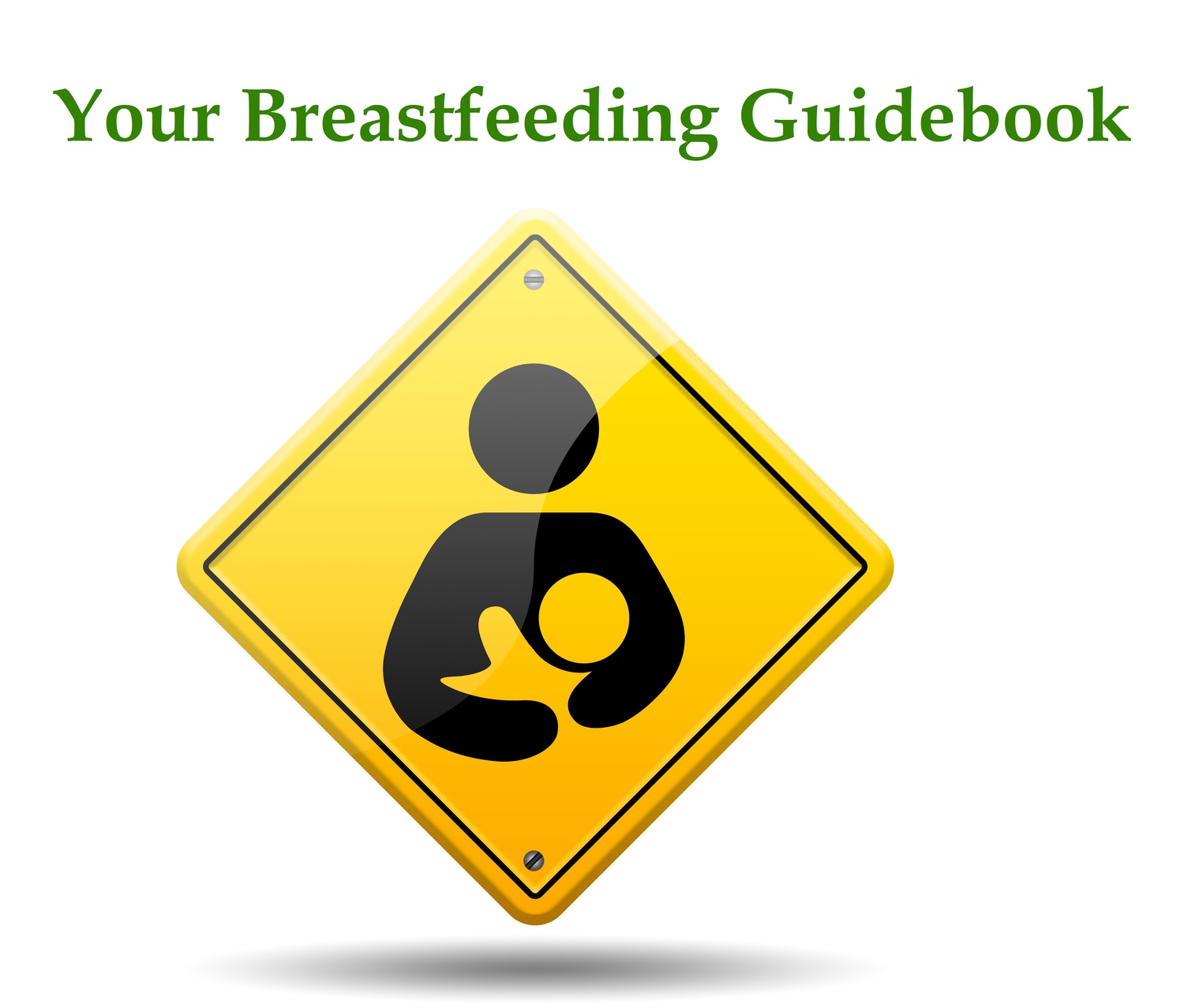The Milk Shaking Controversy
Recently I ran across a blog post with some mis-information about shaking breastmilk. I figured it was time to clear the air. Below is an excerpt from Your Breastfeeding Guidebook explaining the controversy - myth and truth.
Should you shake the milk? Believe it or not, this is a controversial subject. In fact, the more you breastfeed the more you will get used to a lot of seemingly simple things becoming controversial subjects. There has been an objection raised by some in the lactation medicine community that shaking milk will cause the proteins in the milk to denature.
Denature? Huh?! Allow me to simplify it. Lots of the stuff that makes up our bodies (and your baby’s awesome magic breastmilk) is made of protein. Proteins are large molecules containing strings or chains of amino acids. These large molecules will twist, fold, turn, branch and scrunch together in very specific unique ways. The way that these proteins connect and orient themselves is critical to how they work in building muscle, killing bacteria, or doing whatever function that they are designed to do. If you denature a protein that means that you take away its natural form. If a protein is out of its correct form then it will not work very well or, in most cases, not work at all.
How did you like that biochemistry lesson in one paragraph? Hopefully you’re still following. The main issue here is the question of how difficult it is to denature a protein. The answer to that question is highly dependent on the protein. Proteins can potentially denature when exposed to heat, cold, acid, base, mechanical force, and a number of other things. The key word here is potentially. There are some proteins that are so delicate that you have to carefully regulate their temperature and handle them only with gloves in special containers in a lab. There are other proteins that you can literally set on fire and they would be just fine. The theory is that proteins in breastmilk are delicate enough that shaking would denature them. Therefore, some experts have concluded that breastmilk should be swirled very gently and not shaken with any level of force.
I have a few concerns about this conclusion. First, there are no published peer-reviewed scientific studies that I can find that review mechanical force as a mechanism for denaturing proteins in human milk. Second, in order for protein denaturing to be significant, studies would need to show that shaking does more than just denature proteins. They would have to prove that shaking denatures a significant quantity of biologically relevant proteins, and that losing those proteins makes the milk inferior to non-shaken milk.
Third, expressed milk has to routinely endure other potentially denaturing forces that we seem otherwise unconcerned about. All milk is forcefully removed from the milk ducts of your mammary gland through a small opening in your nipple. The milk is then filtered through a mechanical pump where it is again agitated. It is then placed in some type of container and carried in a bag or cooler. While in that bag or cooler the milk is agitated by movement, such as a busy working mother walking to a parking garage or going over bumps while in the car. The milk then may be transferred to and from other containers thus causing it to undergo more agitation. Milk may then experience thermal pressures: cooling, freezing, and rewarming. The milk then is fed to your baby by being squeezed through a tiny hole in an artificial nipple. It is then swallowed, where it goes into your baby’s stomach, where it is exposed to squeezing and hydrochloric acid.
I don’t see any evidence that gentle shaking is any more harmful to milk than the other forces that milk experiences in its pumped life. I agree that vigorous shaking is not necessarily the best idea, but that’s for a different reason. When you vigorously shake milk you will introduce air into the milk. If your baby swallows too much air, then he or she may develop excessive gas. This may not bother an older baby, but very young babies tend to be more sensitive to gas. Also, since we have no studies to refute the theory, it is possible that vigorous shaking—the type that is out of proportion to typical agitation that milk experiences—may cause some protein change. Until we have more studies done that can tell us the truth about the amount of force that is appropriate when handling milk, shake or swirl milk lightly.
